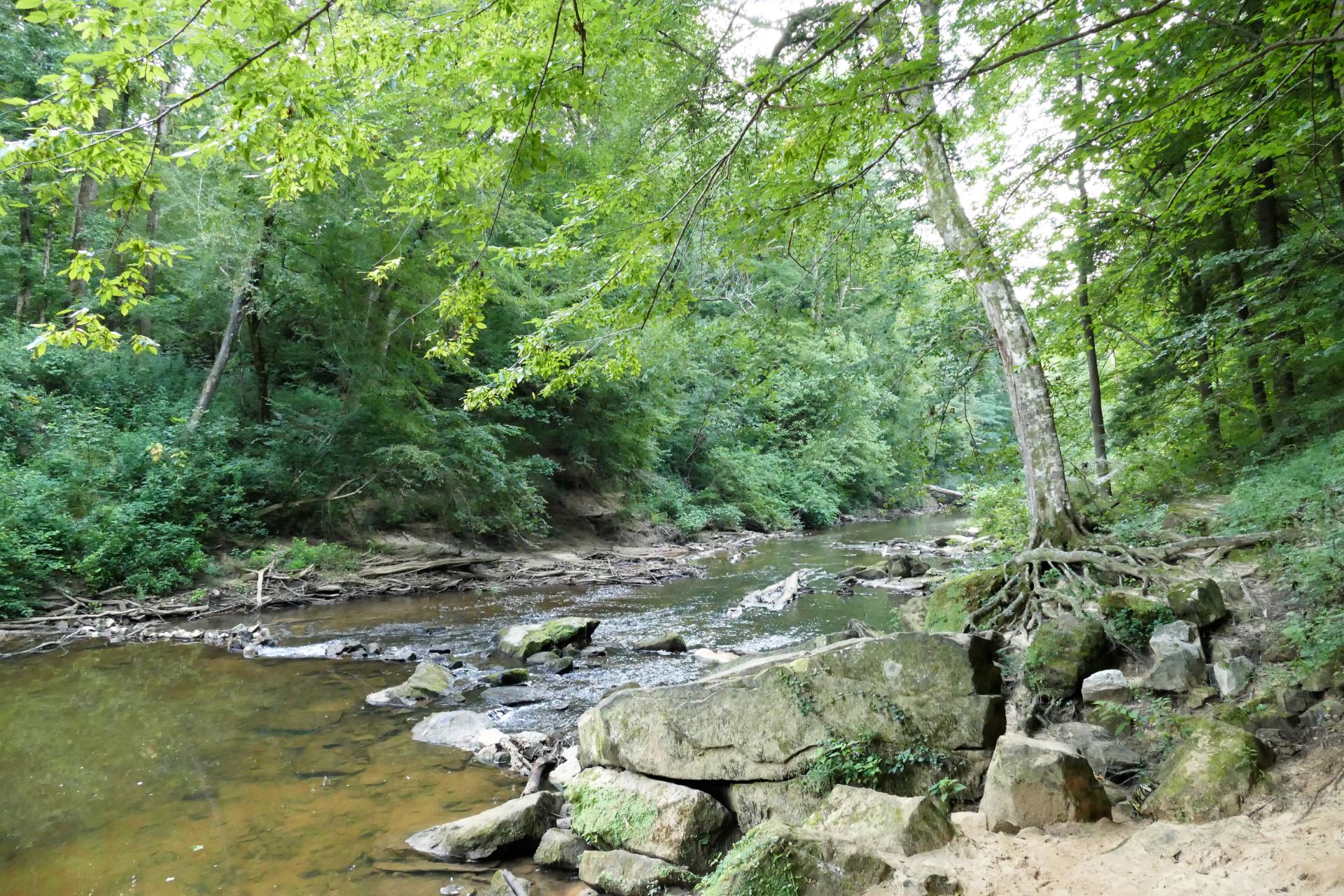
Since 2019, AWW has been working with the US Forest Service to build a network of citizen scientists to collect valuable water quality data from waterbodies in Alabama’s National Forests (NFALs). To date, volunteer monitors assisting with the project have submitted over 600 water data records from NFALs. You can learn more from the project’s StoryMap.
We are looking for our next cohort of volunteers who can continue the mission of this project and help expand it to new NFAL’s!
Here are just a few reasons you should participate:
- The water data you collect can help the USFS assess overall water quality for priority watersheds in NFALs.
- The results of your testing will be used to evaluate forest management practices.
- Spending time in Alabama’s beautiful NF is enjoyable, rewarding, and inspiring!
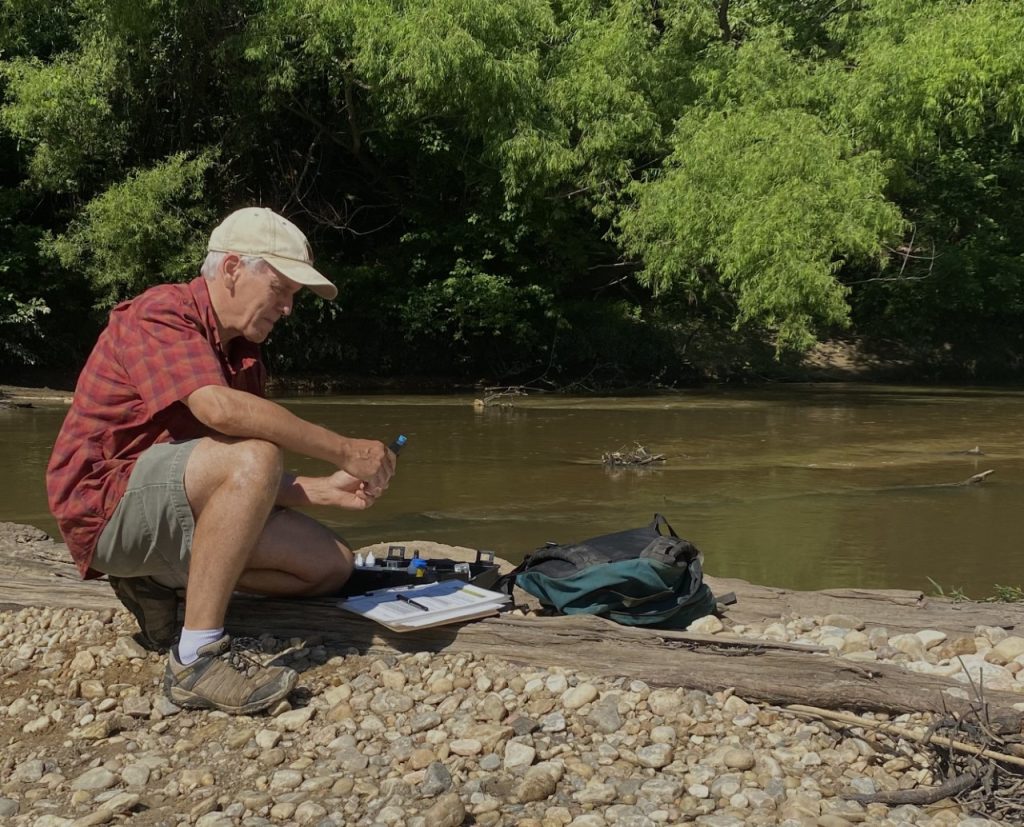
How to get involved:
- Get certified as an AWW Water Monitor.
Attend one of the project sponsored trainings where you will learn to monitor and will also learn more about the NFALs and project goals.:
Bankhead National Forest – April 20 @ Camp McDowell in Nauvoo, AL
Oakmulgee National Forest – May 3 @ Payne Lake Recreation Area
OR
Complete any AWW Water Monitoring Training and follow up with AWW to coordinate adopting a site in any of the National Forests of Alabama. Participation is open for the Bankhead, Tuskegee, Talladega (Shoals, Oakmulgee, and Talladega Districts), and Conecuh National Forests.
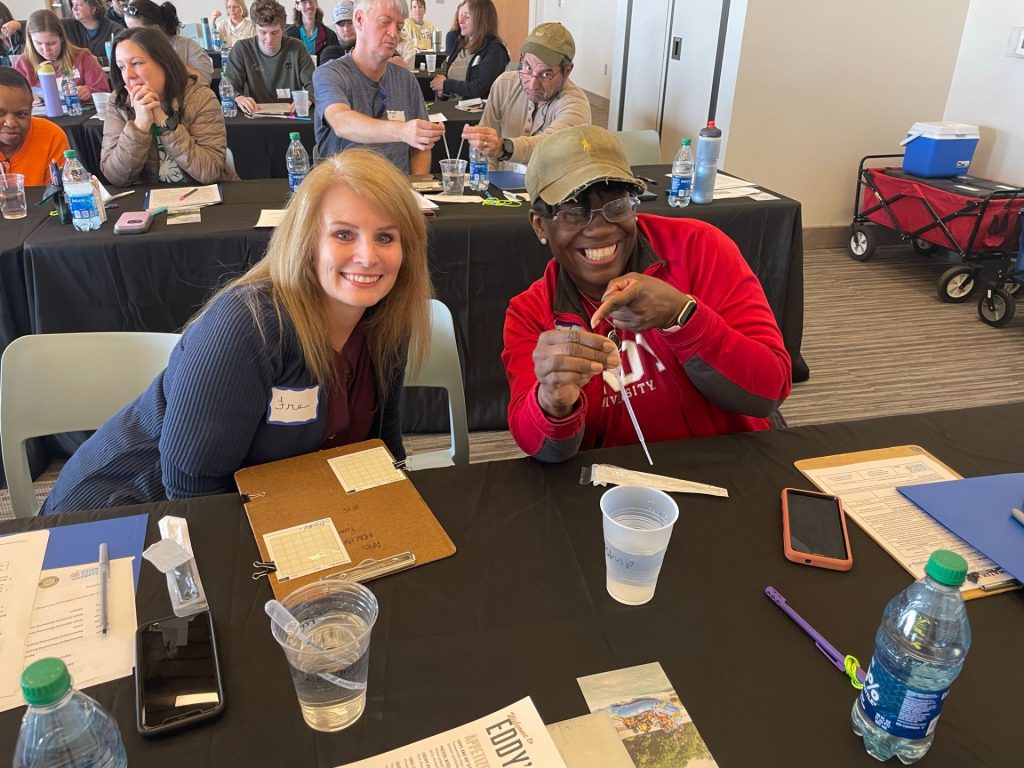
2. Select your sampling site(s)
AWW will provide you with a detailed site report to ensure you can easily locate and safely access the site.
3. Access monitoring materials
AWW will place check out kits in the USFS Ranger District of other prearranged location.
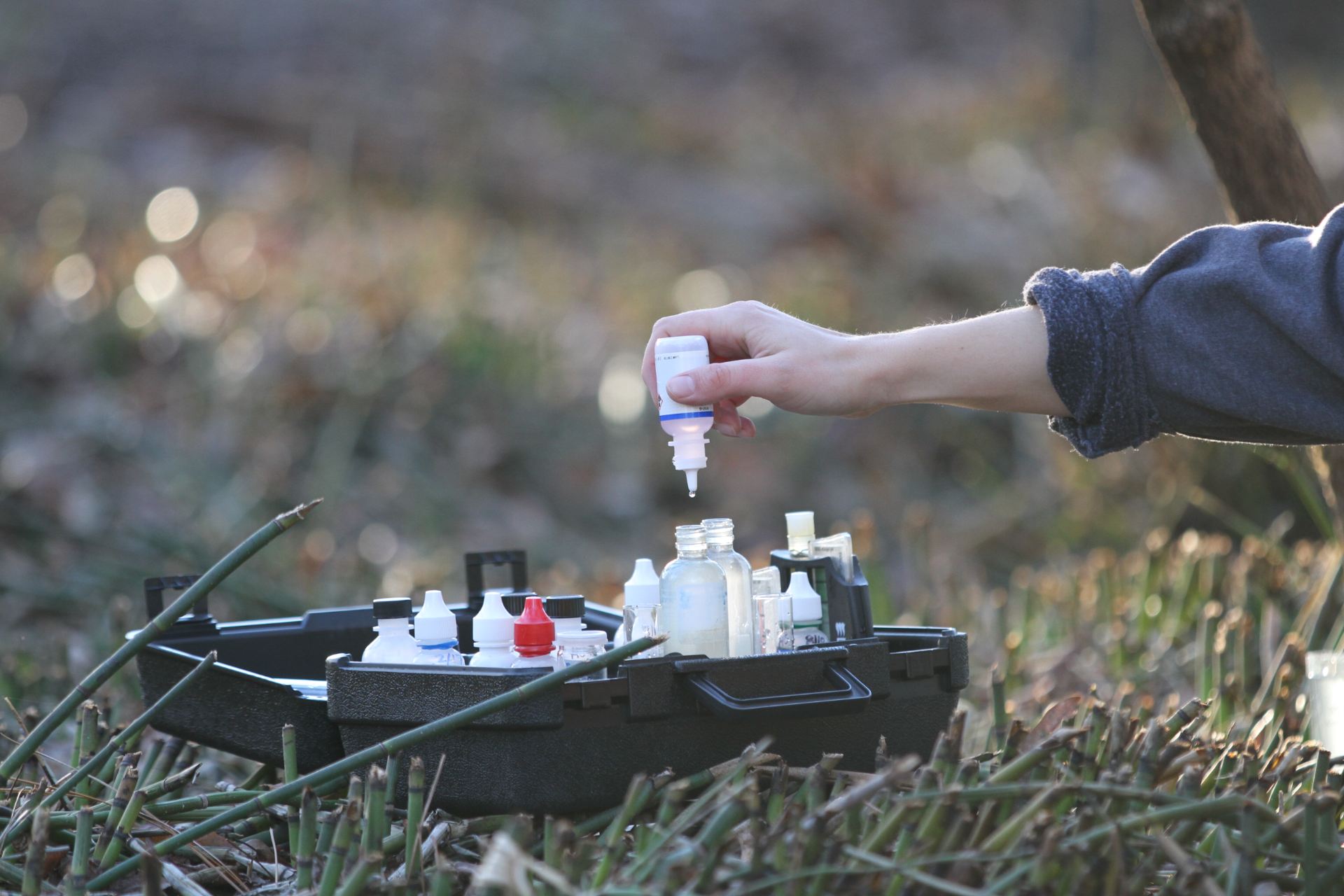
4. Collect water data and submit to AWW
AWW archives volunteer collected data and is available publicly through the Water Data portal. These features will help you and others to learn about water quality through your data which can lead to improvements and protections of waterbodies in the NFAL’s.
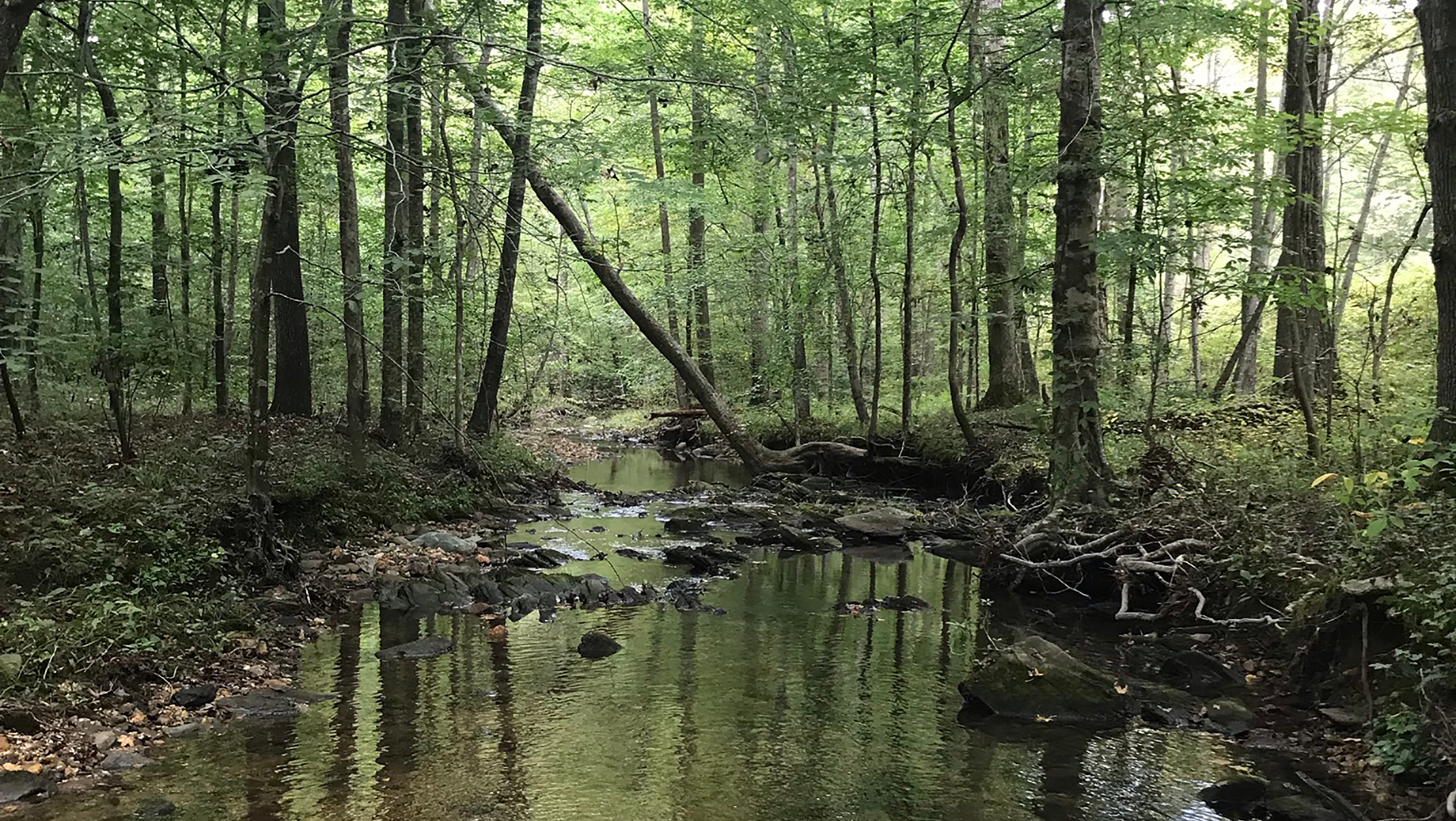
Identifying trends of water quality is only possible through repeated and long term data collection. However, even in this relatively short time, AWW data has been used by USFS as they are analyzing these priority watersheds. AWW data is included in the USFS Biennial Monitoring Evaluation Report in the “Status of Select Ecosystems” section. USFS includes AWW data as they addressed the Monitoring Question, “Are watersheds maintained (and where necessary restored) to provide resilient and stable conditions to support the quality and quantity of water necessary to protect ecological functions and support intended beneficial uses?” Based on the findings, they recommended including an increase in the number of priority watersheds with established watershed restoration action plans. They also determined that new projects should consider management or riparian areas as per forest plan direction.
This project has been recognized nationally as a model for other citizen science projects being facilitated by federal agencies, such as the USFS. Please consider being part of this effort to protect our beautiful forests!
Contact AL Water Watch if you have any questions!
Email: awwprog@auburn.edu
Phone: 334-844-4785
